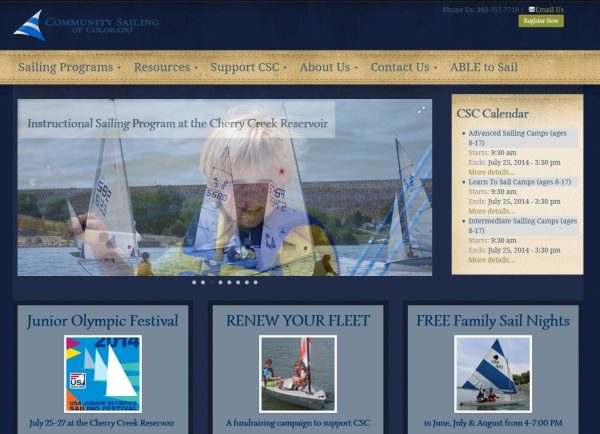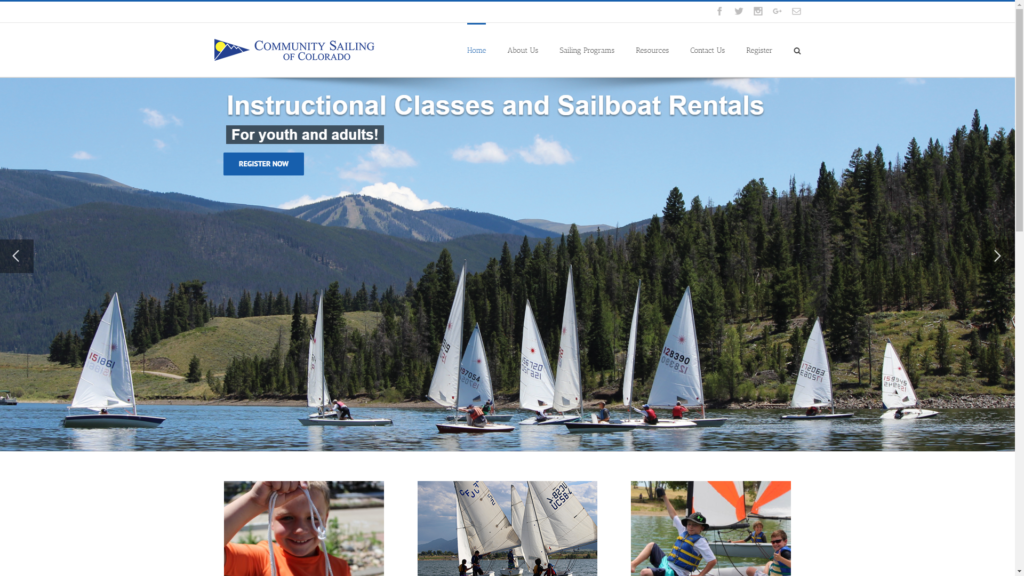Why Digital Marketing is a Major Career Opportunity
With Digital Marketing being the heaviest advertising route used by most organizations today, the career opportunities are flourishing. Whether through digital marketing agencies or companies hiring “in house,” there are plenty of jobs to be filled. Many individuals from the older generations are unfamiliar with concepts like SEO, SEM, Social Media Marketing, Website Development, and other parts of the digital world. Listed below are some reasons as to why digital marketing continues to be a “hot” field for many years to come.
1. Heavy Demand:
It’s no surprise that the demand for digital marketing experts is increasing at a rapid rate. According to the Digital Marketing Institute, “It is anticipated that there would be around 150,000 digital marketing jobs at the end of 2020 and not enough professionals to fulfill them. there will also be a rise in demand for digital marketing professionals by about 38% this year.” Therefore, learning the appropriate digital marketing skills will provide you with a huge competitive advantage in the job hunt.
2. Always Changing:
Digital marketing is an ever changing industry. Web, mobile, and other digital technologies are changing at an extremely fast pace. So why is this a reason to pursue a digital marketing career? Most people aren’t comfortable with or afraid of a field that always adapts, so they decide to stay away from it. It’s essential to understand and stay on top of the current trends in digital marketing to outsmart competitors. See how a client of ours (Theory) utilizes digital marketing to maintain a competitive advantage in the bar industry in Chicago. CLICK HERE to view the case study.
3. Field for Everyone:
The entire landscape of digital marketing consists of numerous skill sets, making it applicable for all sorts of jobs. Many digital marketing organizations not only consist of SEO/SEM strategists, they include graphic designers, business development executives, content writers, social media specialists, and other opportunities. Ultimately, digital marketing is a versatile industry, meaning it requires a mixture of these numerous skills. Passionate about social media, being creative, or writing? Then the digital marketing industry may be for you.
4. Great Opportunity for Advancement:
In addition to the great job outlook for digital marketing careers, the opportunity for advancement in the field is also promising. Entry level positions out of college typically consist of digital marketing strategists, social media specialists, SEO/SEM strategists, etc. If you’re able to catch on quick and continually learn more about the digital marketing world then advancement to an upper level position is highly feasible. Digital marketing managers, director of digital, or a VP of marketing for example are all respectable and reachable advancement opportunities.
Contact Us: For more information regarding digital marketing, visit the Onimod Global Website. We provide weekly news updates on the latest in the world of digital marketing. Enjoy!



